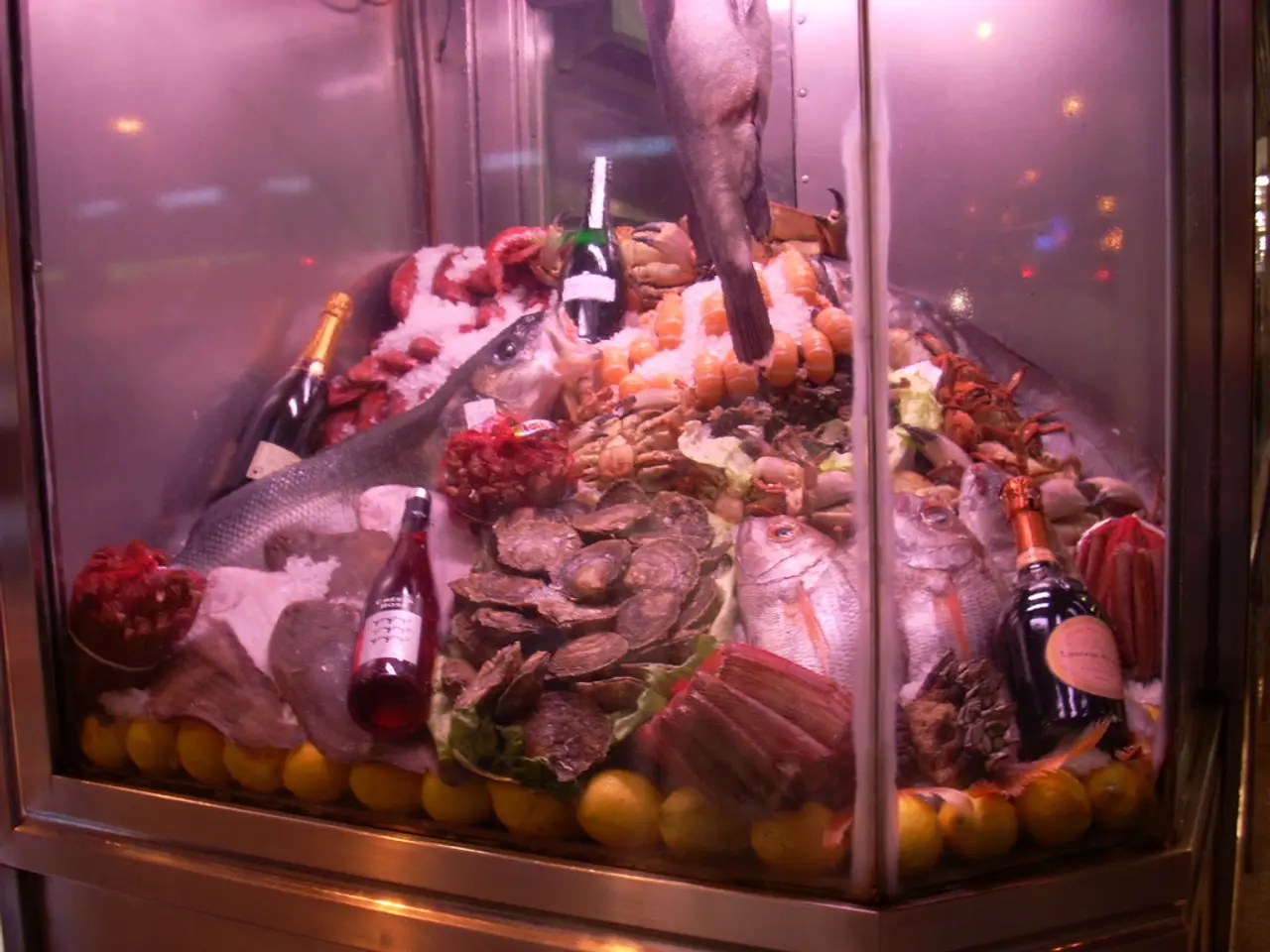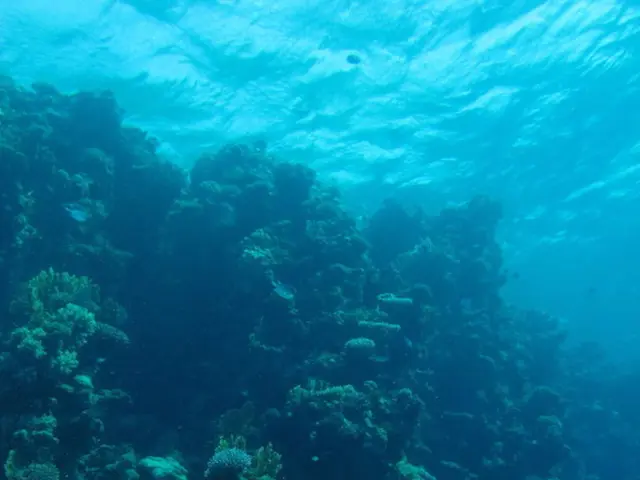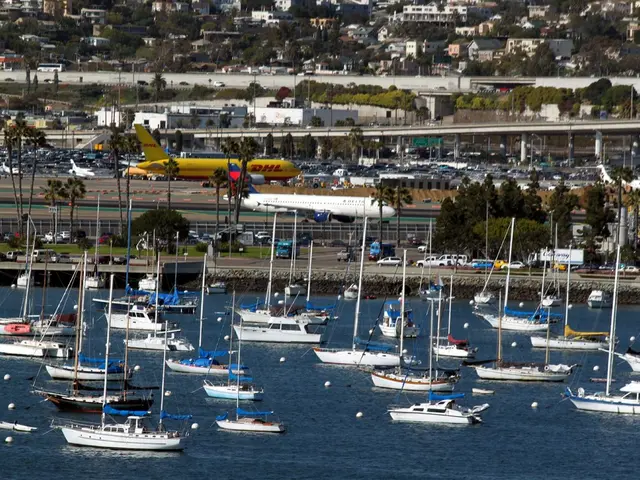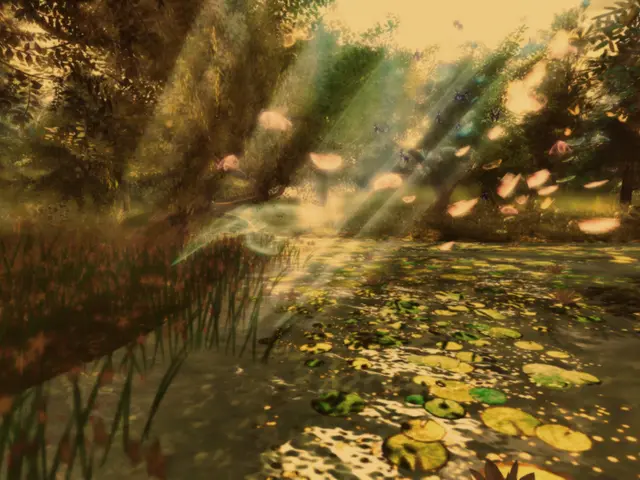Hawaii-based abalone farming expands seafood production on Big Island
Big Island Abalone, located in Kona on the Hawaiian Islands, is one of the largest abalone farms in the United States and a pioneer in sustainable shellfish farming. This farm, nestled within the Natural Energy Laboratory of Hawaii Authority facility on the Kona coast, specializes in growing ezo abalone, a species native to Japan.
Abalone, a marine gastropod native to the Pacific Ocean, are renowned for their beautiful shells and strong muscular feet that allow them to crawl and grip onto hard surfaces. These fascinating creatures can live more than 20 years in the wild, but it takes between 3 to 5 years for them to grow from seed to harvest at Big Island Abalone.
The farm's founder, Yoshida, emphasizes the importance of grilling abalone on its shell with simple garnishes to enjoy its buttery taste and tender texture. Visitors can savor this culinary delight at Big Island Abalone's food truck or try cooking it themselves at Kona Barbeque.
Overharvesting, along with other factors, caused abalone populations to crash in the 1970s and 1980s, and most populations have failed to bounce back. Two species, the white abalone and black abalone, are listed under the Endangered Species Act. In contrast, Big Island Abalone is committed to sustainable farming practices, focusing on environmental stewardship and innovation in aquaculture on the Big Island of Hawaii.
Big Island Abalone's work extends beyond just farming and food. Connecting with the public and promoting sustainable food systems is important to Yoshida, who expresses concern about the depletion of resources for various ingredients. The farm offers organized tours to thousands of visitors each year, providing education about abalone farming and cooking.
Big Island Abalone is a valuable member of NOAA's Tide to Table series, which features members of the aquaculture community who provide valuable jobs and increase access to fresh, sustainably sourced American seafood. The key individuals involved in the development of Big Island Abalone include the founders and marine biologists who oversee sustainable farming practices.
Yoshida hopes Big Island Abalone's work could inspire conversations about sustainable food systems and the importance of cultivating food sustainably. With its commitment to sustainable farming practices and delicious, locally-sourced seafood, Big Island Abalone is a shining example of how aquaculture can contribute to a more sustainable food future.
Read also:
- Comprehensive Guide on Osteoporosis: Symptoms, Causes, and Treatments
- Proposal for a Worker Radiation Protection Directive Requested by Commission
- Sharply rising fatal accidents in Mainz 2025: A 144% surge in deaths - authorities plan to enhance safety for the elderly population
- Exploring the Digestive Benefits of Fermented Foods








